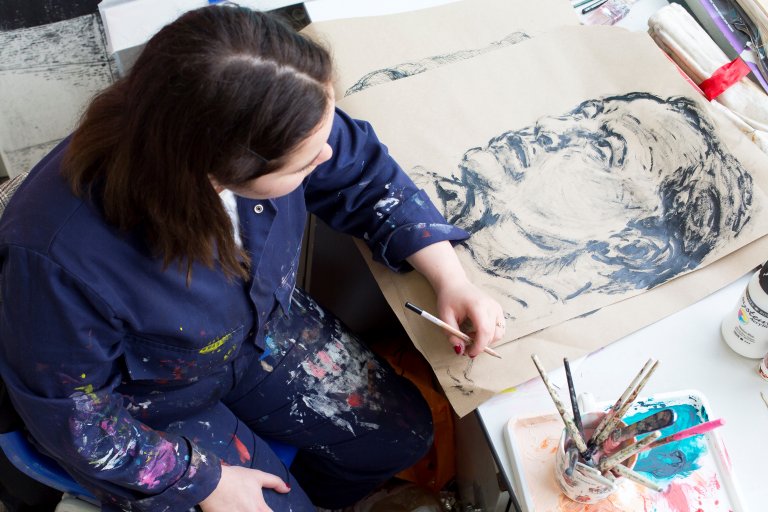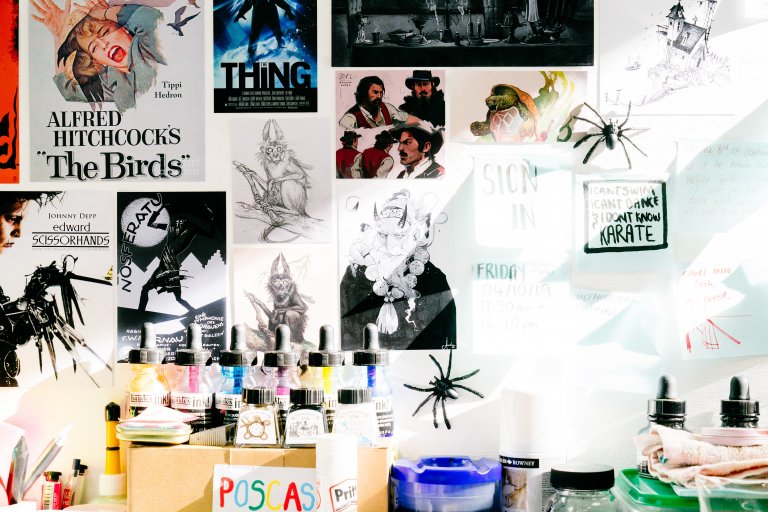Welcome to the Falmouth School of Art library page!
From here you can explore the key resources in each of the main fields of study. You'll also find research tips, as well as how to contact me, Catherine Worrall, your Academic Liaison Librarian, if you need further help.
Don't be limited to the subject guides that relate directly to your course - your research could take you anywhere...
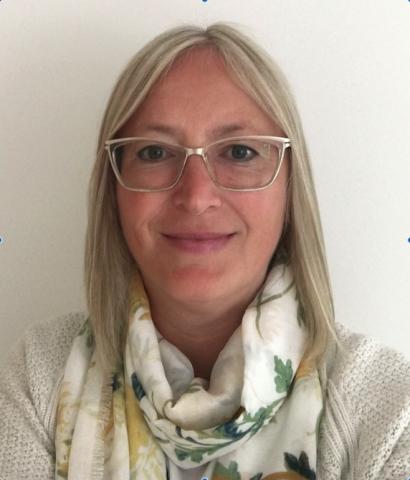
Meet your Librarian
I'm Catherine Worrall, your Academic Liaison Librarian. I'm here to help you with research, whether that's for your projects or your written assignments. Although research is exciting it can also feel tricky at times -so do get in touch or book an appointment for help. I look forward to hearing from you!
Email: catherine.worrall@fxplus.ac.uk
Teams: Catherine.Worrall
Explore your resources
Discover the key information resources for your subject.
Improve your search skills
Hints and tips to help you to find what you need.
- Understand the brief – if you’re unsure, keep referring back to it.
- Initial research - use quick reference tools, lecture notes and your resource lists.
- Keywords – use the key terms and phrases that you find to search further
- Develop your research further by using a variety of resources – you may prefer to use an image database for inspiration
- Create a research plan - use visual mind maps to organise your thoughts and make connections between your ideas.
- Evaluate your research – is it current, relevant, accurate, authoritative?
- Keep track of what you read – keep a list of your references or use referencing software
- Consider using one of the image databases Artstor or Bridgeman to begin your research.
- Remember to use quotation marks around the full name in databases in order to specify that particular artist.
- If you’re researching a current artist or illustrator who you are struggling to find books on, use academic journals and newspaper articles instead, as these will be more up to date.
- Journal searches will also retrieve more results, as they pick up more keywords from the abstract and not just the title or author of a book.
- Don’t just rely on the artist’s own opinion, look at what other artists and critics have written or said about the artist or illustrator.
- Researching the history and application of a particular material will enable you to fully understand its composition and how you can use it effectively.
- Being cognisant of other practitioners in your area will help to add other voices and different perspectives, all of which will add to your work.
- Being academically informed will improve how you talk about your work, not only during university, but also beyond your studies in a professional context.
- Internet-only research limits the depth of knowledge needed to understand and build on a subject and isn’t very reliable.
Academic research strengthens your own understanding of your work and who you are as an artist.
Research informs practice by feeding into your thoughts and creative process, enabling you to develop your creativity through thinking and reflection.
The creative process combines doing, reading, thinking and reflecting; all of which happens in conjunction with each other.
Looking at a range of academic writing helps you discover how artists and the wider academic field view your subject, ultimately enabling you to have a better understanding too.
It is important to keep a record of any images of art that inspire your own practice or that you use to illustrate a point in academic written work. Doing this protects the copyright holder and enables you or the tutor marking your work to locate the image.
To find out more visit the referencing guide in the StudyGuides.
Search for reading recommended by your lecturer
Find your resource lists
Discover more support
Help and guidance from the Library and beyond!
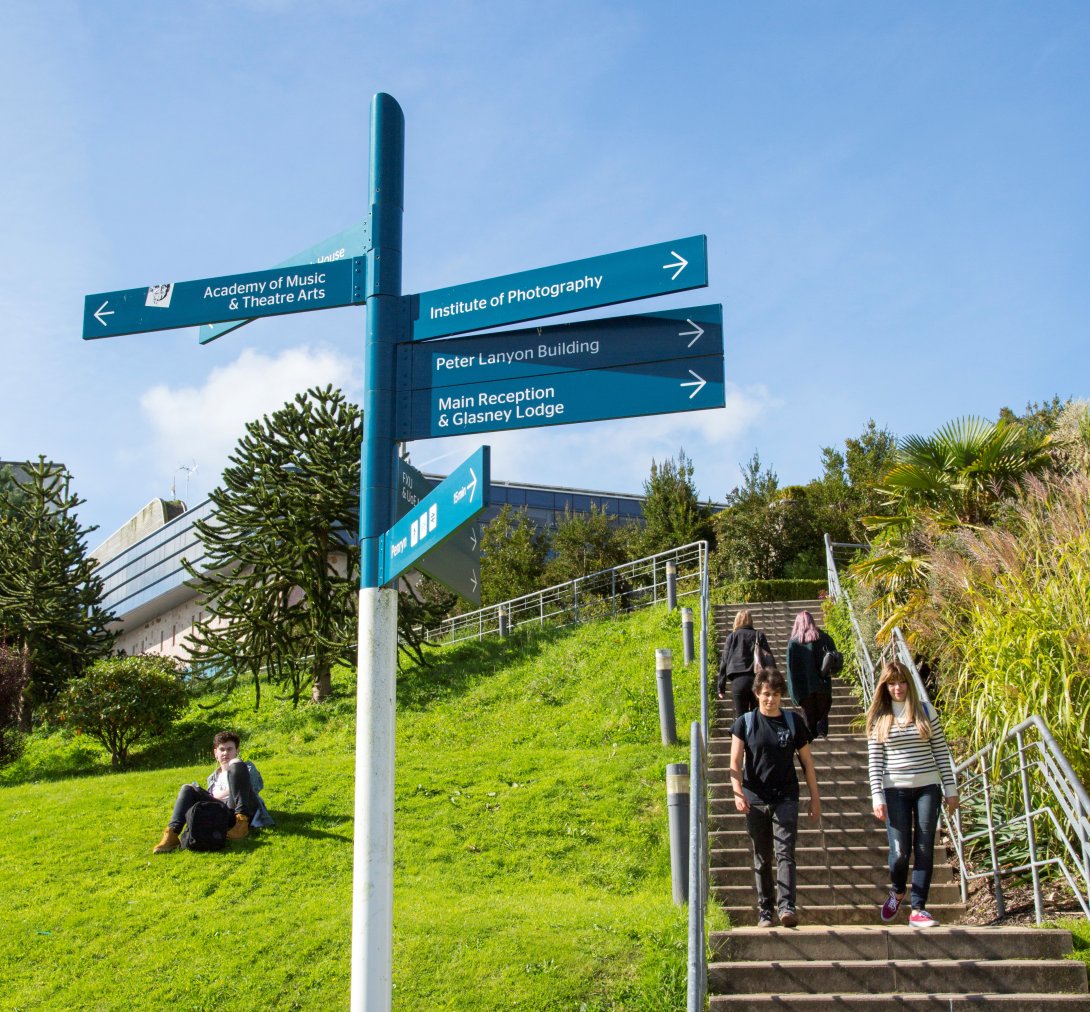
New to the University? Need help navigating your way?
Our New Students guide can help you to prepare for your studies and make the most of the library in your first term and beyond!
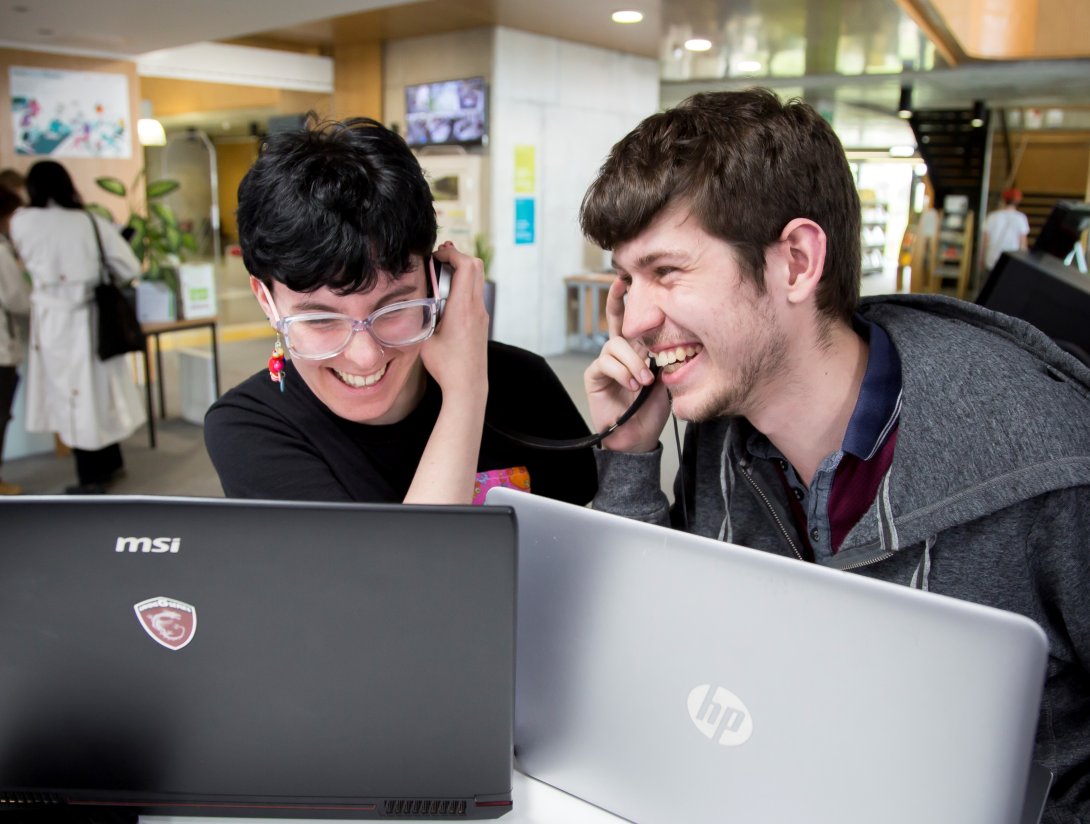
The Academic Skills Advisors
- run workshops on writing, referencing and other study skills
- provide study guides and learning resources
- offer individual advice through one-to-one appointments
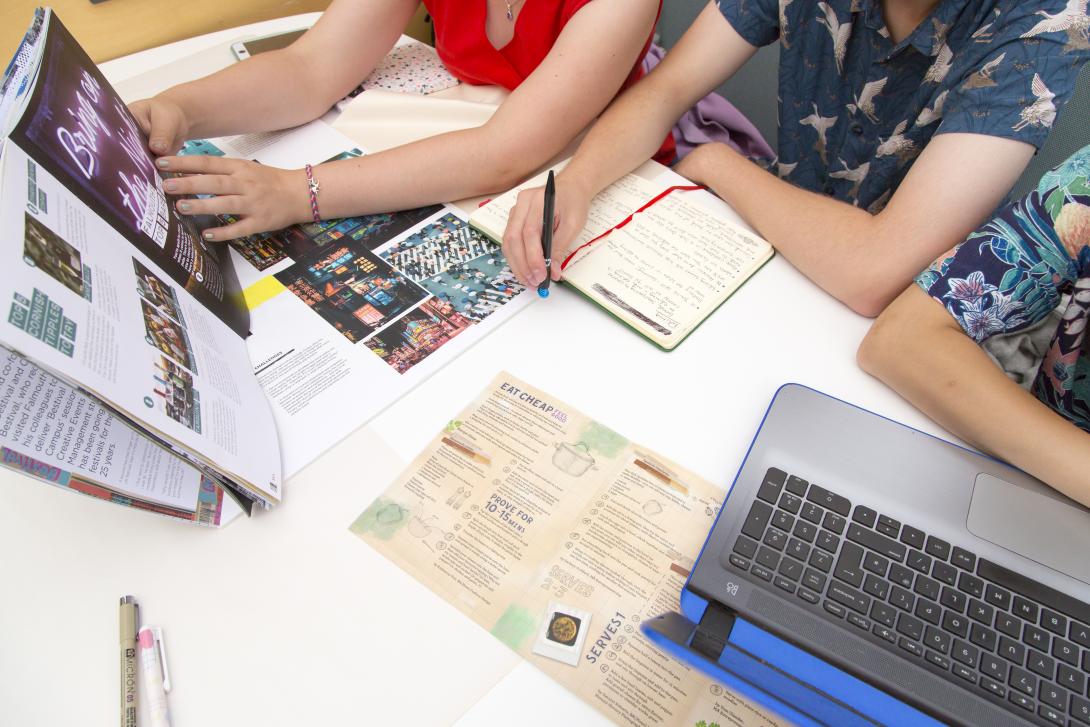
For all your study support needs!
Discover more about the support in place to help you to study at University, including online study guides, our What's On calendar and how to find individual support.
